RCS vs. SMS: Understanding the Key Differences and Benefits
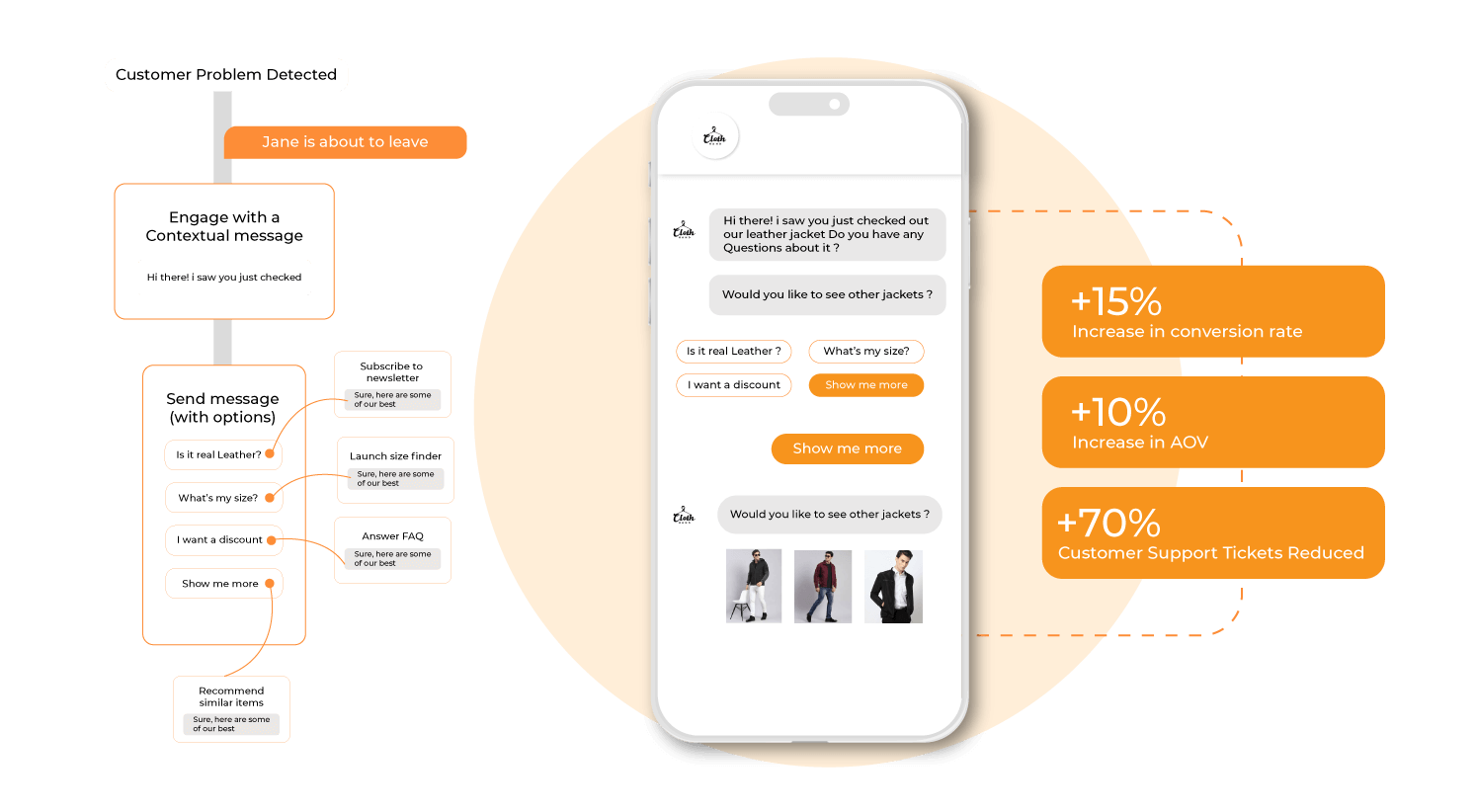
What is SMS?
SMS, or Short Message Service, is the traditional form of text messaging that allows users to send and receive text-based messages. Since its introduction in the early 1990s, SMS has been widely adopted due to its simplicity and reliability.
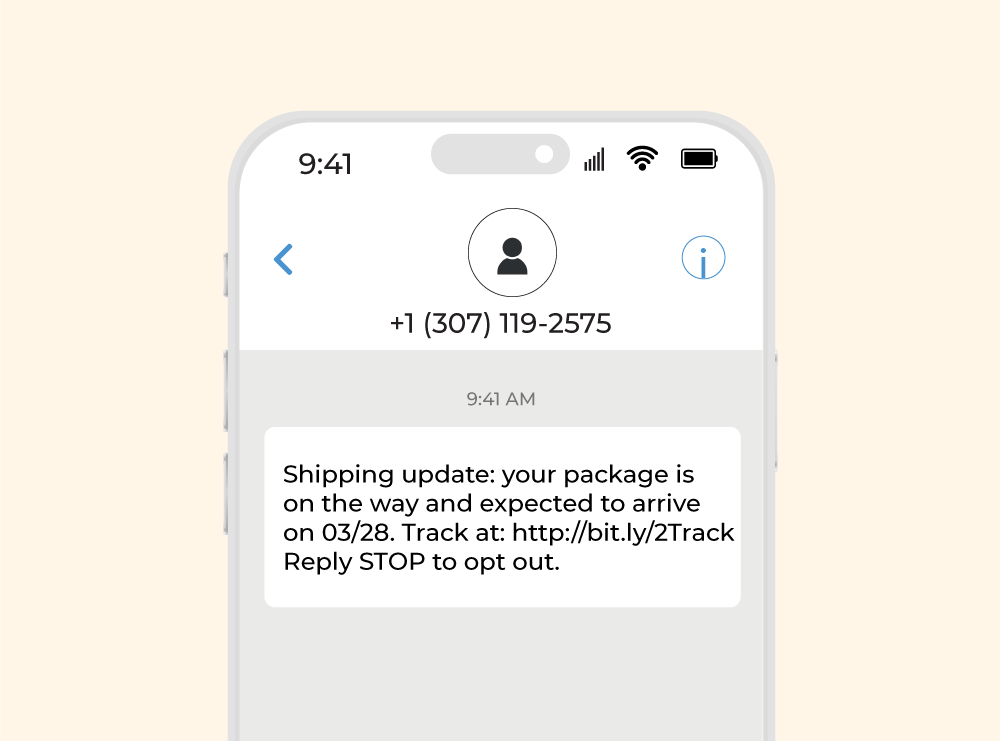
What is RCS?
RCS, or Rich Communication Services, is the next-generation messaging protocol designed to upgrade SMS. It provides a richer and more interactive experience, similar to modern messaging apps like WhatsApp and Facebook Messenger.
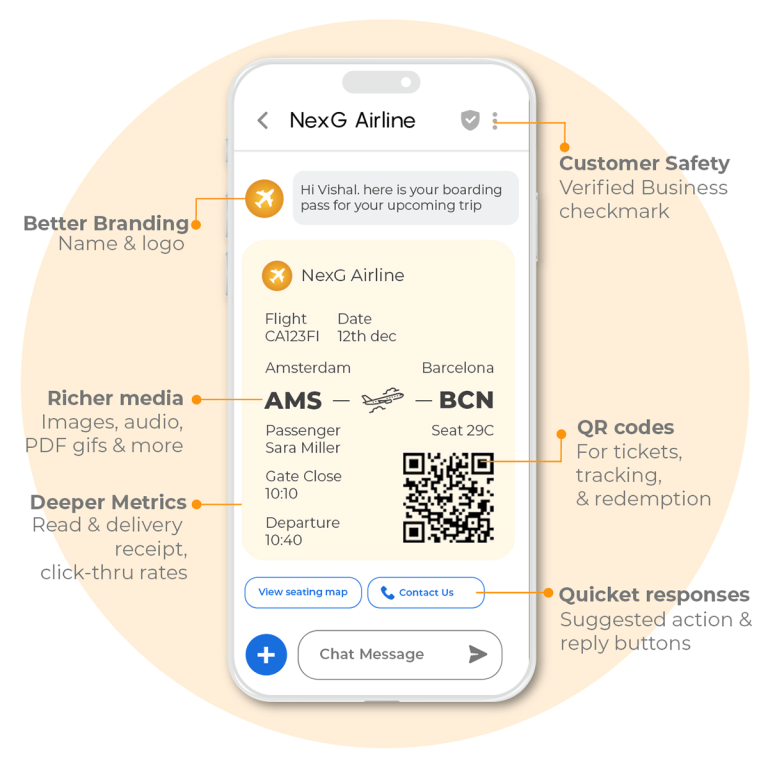
Key Differences Between RCS and SMS
1. Media Richness
- SMS: Limited to plain text messages of up to 160 characters.
- RCS: Supports multimedia messages, including high-resolution images, videos, GIFs, and audio files.
2. Interactivity
- SMS: Basic interaction with no advanced features.
- RCS: Includes interactive elements such as read receipts, typing indicators, and action buttons (e.g., “Buy Now” or “Book Appointment”).
3. Group Messaging
- SMS: Basic group messaging with limited capabilities.
- RCS: Enhanced group chat features, allowing users to add or remove participants, see read receipts, and more.
4. Character Limit
- SMS: Messages are limited to 160 characters. Longer messages are split into multiple segments.
- RCS: No strict character limit, allowing for longer, uninterrupted messages.
5. Delivery Reports
- SMS: Basic delivery reports indicating whether the message was delivered.
- RCS: Detailed delivery and read receipts, showing when a message is delivered and read by the recipient.
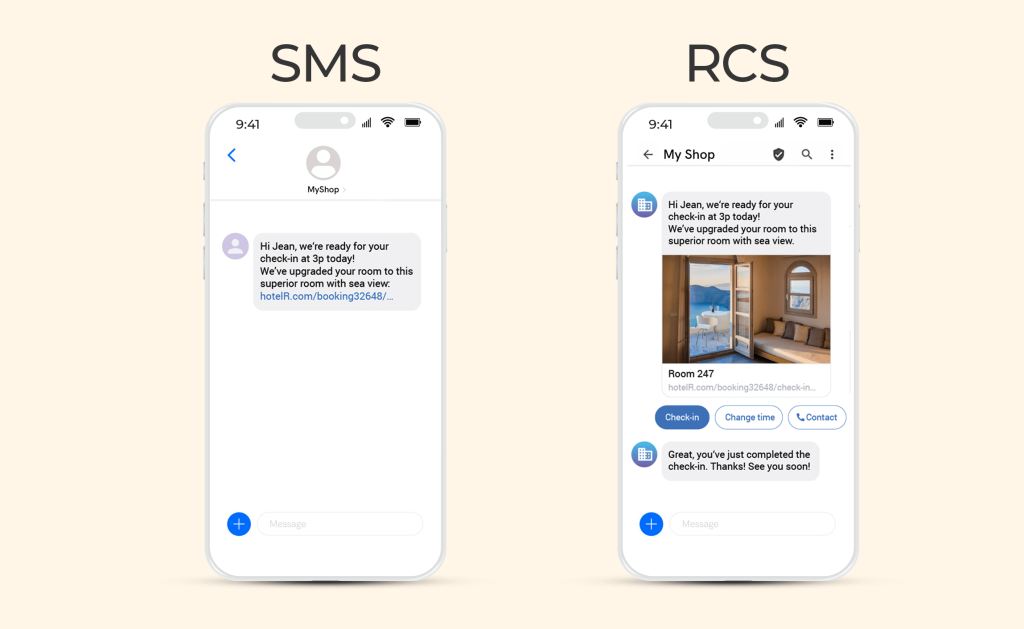
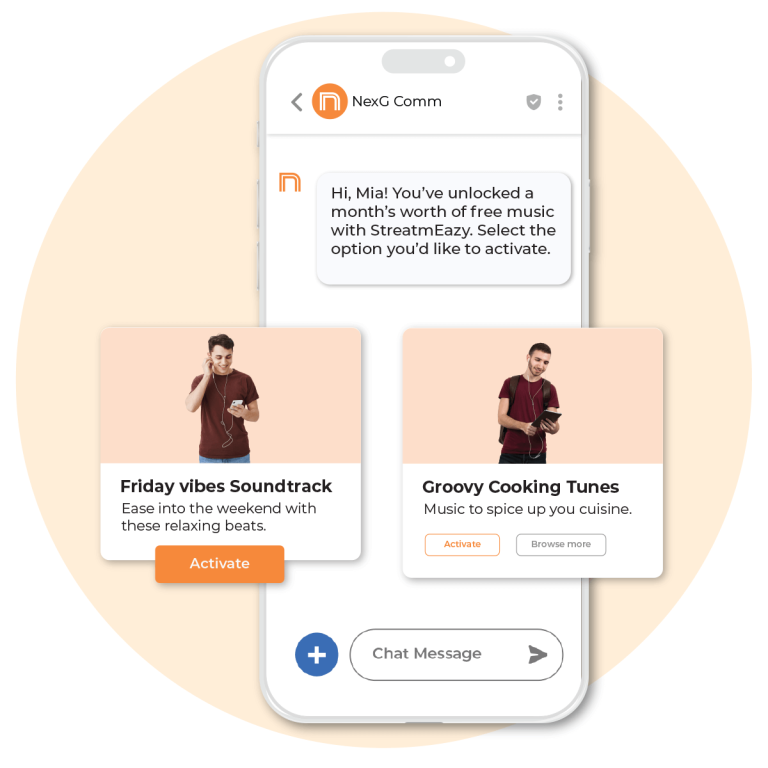
Benefits of RCS Over SMS
RCS offers a richer, more engaging experience with its support for multimedia and interactive features. This makes it easier for businesses to create compelling marketing campaigns and for users to enjoy more dynamic conversations.
2. Improved Customer EngagementThe interactive features of RCS, such as action buttons and suggested replies, help businesses engage with customers more effectively. This can lead to higher conversion rates and better customer satisfaction.
3. Seamless IntegrationRCS is designed to integrate seamlessly with other digital services and platforms, allowing for a more cohesive user experience across different communication channels.
4. Personalized CommunicationRCS enables businesses to send personalized messages based on customer data, improving the relevance and effectiveness of their communications.
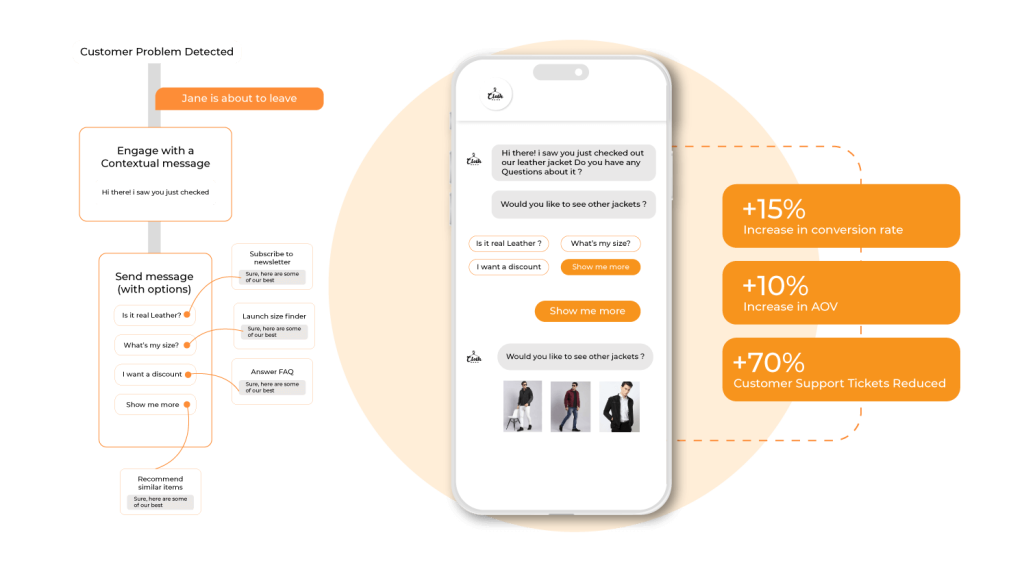
Benefits of SMS
SMS is universally supported across all mobile devices and networks, making it a reliable communication method even in areas with limited connectivity.
2. Simplicity and ReliabilityThe simplicity of SMS makes it easy for users of all ages and technical abilities to use. It also boasts high delivery reliability, even on basic mobile phones.
3. Cost-EffectivenessSMS is often more cost-effective for businesses, especially when sending bulk messages, as it does not require an internet connection.
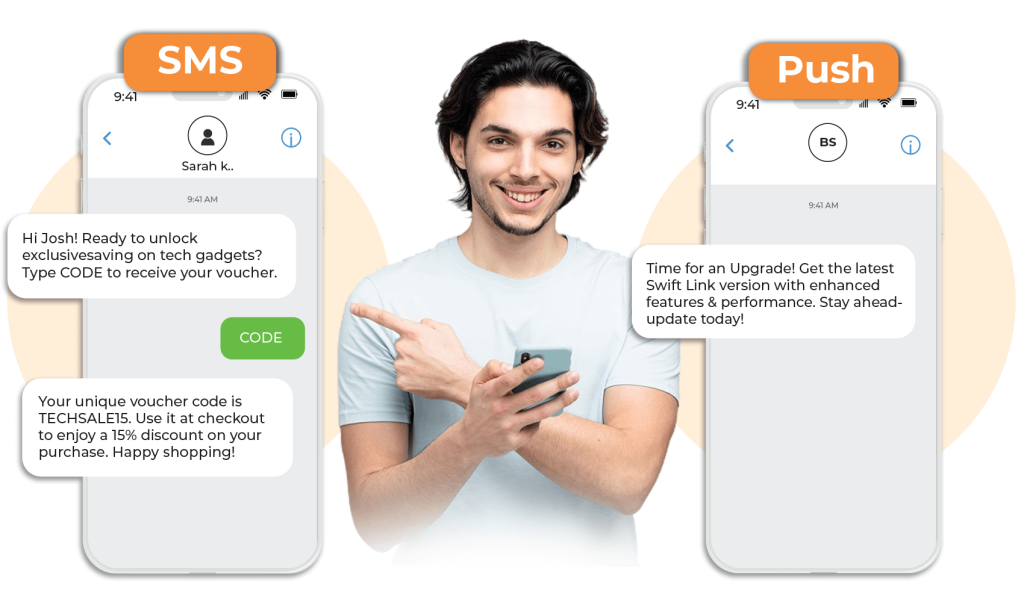

While SMS remains a reliable and widely-used communication method, RCS is poised to transform the mobile messaging landscape with its rich features and interactive capabilities. Businesses that adopt RCS will benefit from enhanced user engagement, improved customer satisfaction, and more dynamic communication strategies. As RCS continues to gain traction, it will undoubtedly become a critical tool for businesses looking to stay ahead in the digital age.







